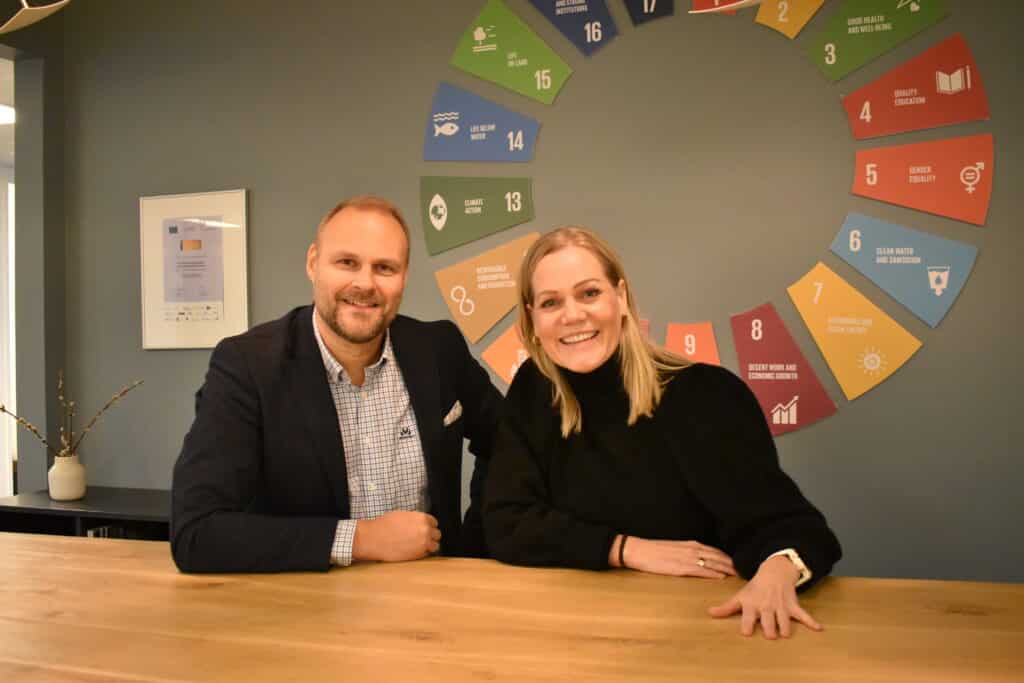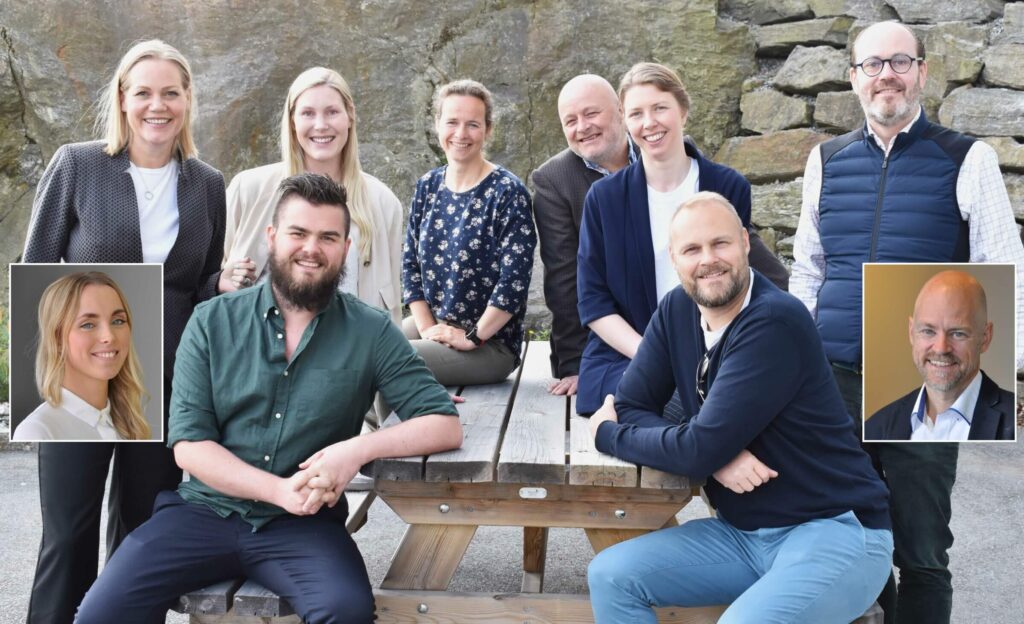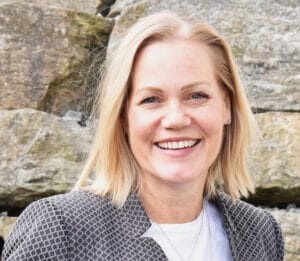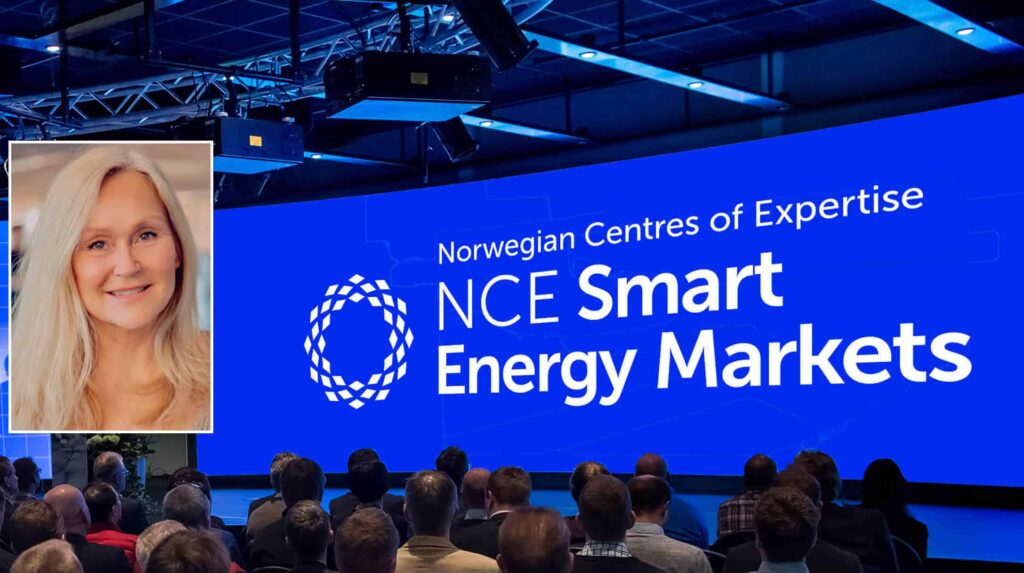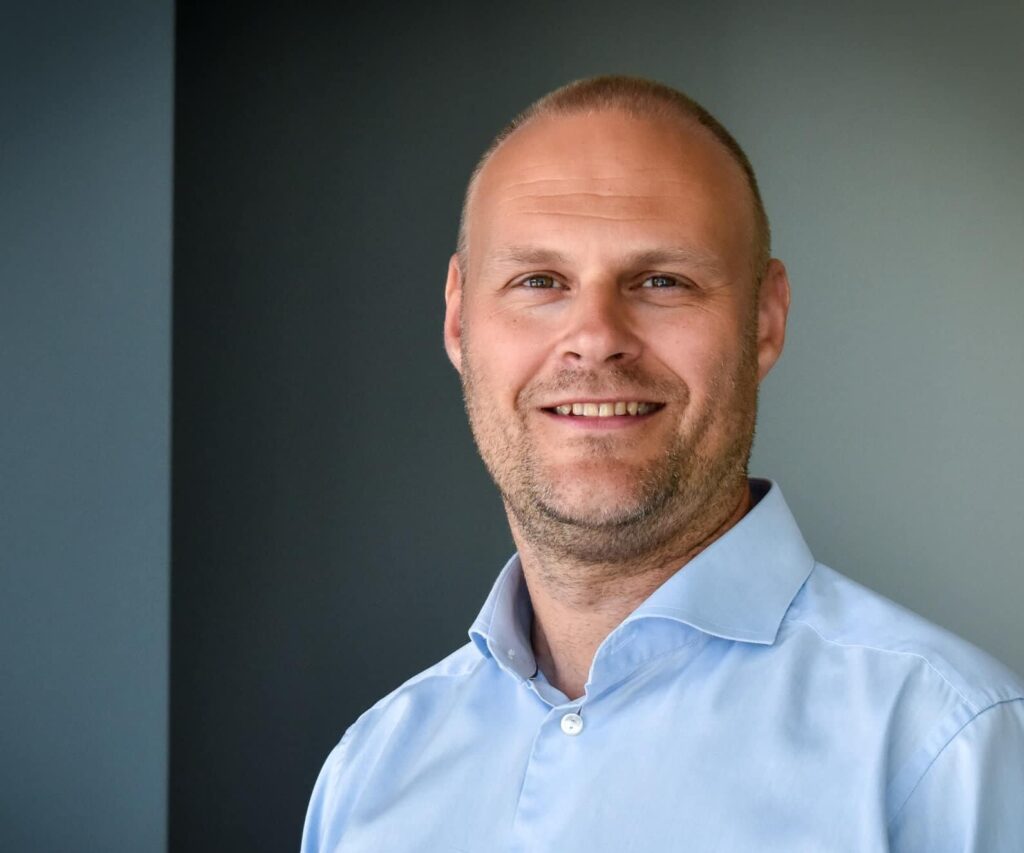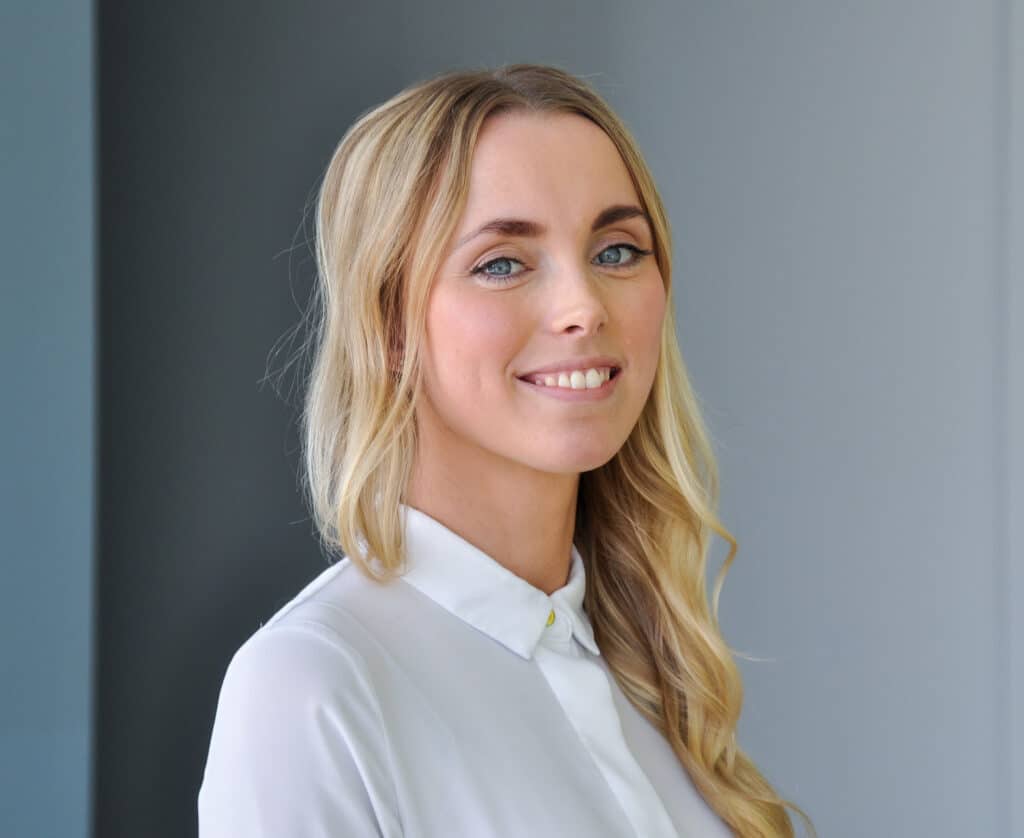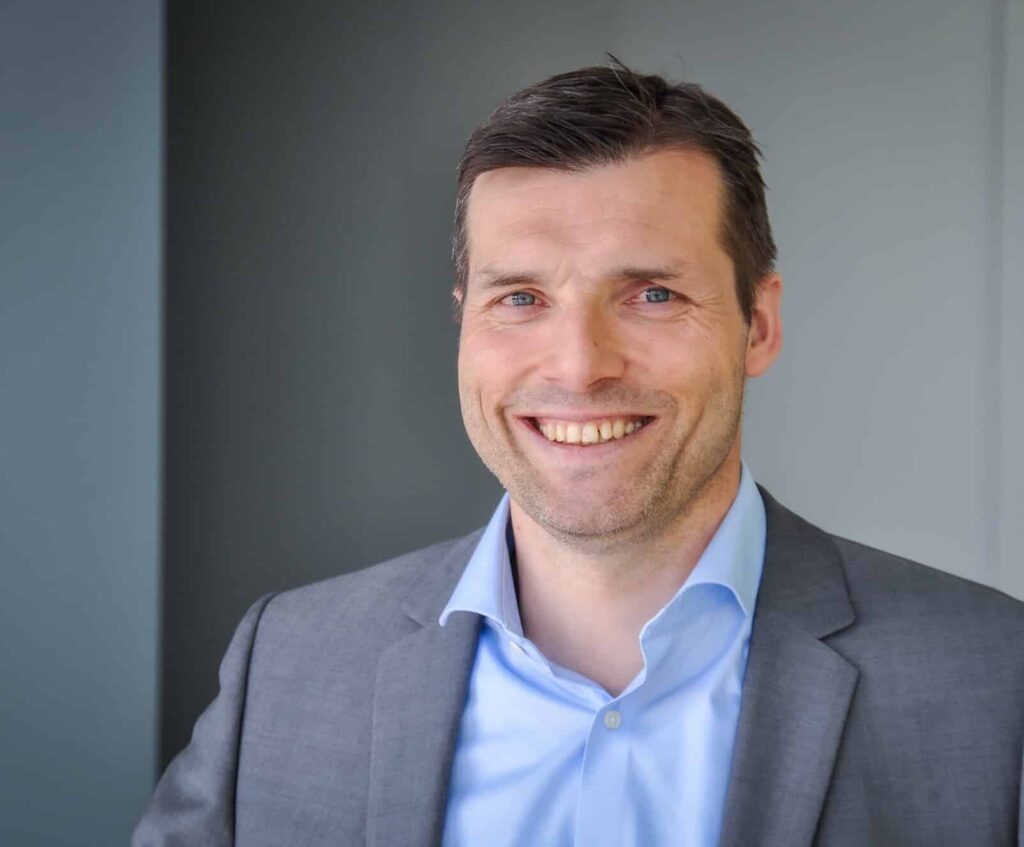When the National Export Council asked for input to identify possible strategic focus areas, it was natural for NCE Smart Energy Markets to get involved and present the capacity, knowledge and potential our cluster partners represent.
In the Hurdal Platform from 2021, the government has stated that it will increase Norwegian exports other than oil and gas by 50% by 2030. To achieve this, the country needs new industries and export opportunities, and one of the measures the government has taken is the establishment of the National Export Council and the export reform Whole Norway Exports.
Through the new initiative, the authorities, the business community and the public funding agencies will work closely to achieve the Støre government's export goals, and Smart Innovation Norway's three clusters provided solid input on future export opportunities.
Strong communities of excellence
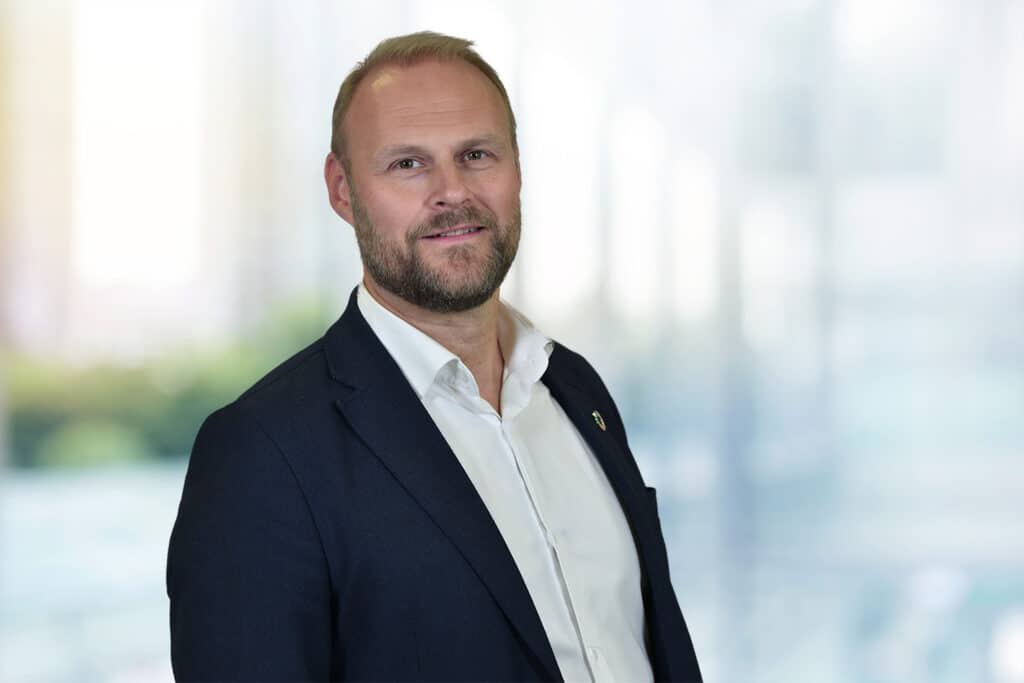
Energy, artificial intelligence and decommissioning are the areas of expertise around which the NCE Smart Energy Markets cluster, the Cluster for Applied AI (CAAI) and the Cluster for Decommissioning and Repurposing (DECOM cluster) bring together partners.
Norway has several actors in business, public agencies, research and academia with expertise in these areas. Many of these actors are partners in the networks of our three industry clusters, and they therefore represent a strong community of expertise in their fields.
The DECOM cluster and Smart Innovation Norway are part of the renowned Halden environment, which includes the Institute for Energy Technology (IFE) and Halden Municipality. The cluster works to create new jobs and sustainable development so that Norway can take a leading position in decommissioning and reuse, and in their input, the three actors argue why decommissioning should become one of Norway's priority export areas.
Read the full contribution here!
Solid national and international experience
The partners in our NCE Smart Energy Markets cluster aim to be world leaders in smart energy and digital technologies. Norway must make the most of this advantage.
In Norway, significant resources are being invested in the digitalisation of the energy system. This not only solves national challenges, but creates technologies, services and expertise that can be used in other markets, and the work in NCE Smart Energy Markets has provided solid experience in research and development both nationally and internationally.
Norwegian companies are in a position to become important suppliers of energy solutions on an international market, and NCE Smart Energy Markets works closely with several of these companies. Therefore, the cluster provided input on which export opportunities it can contribute to.
Read the full contribution here!
- Exports must be facilitated
Together with Abelia, NHO's association for technology and knowledge companies, CAAI submitted a submission that, among other things, points out that ICT companies represent a separate industry in itself with the export opportunities it brings with it.
Marianne Jansson Bjerkman, head of the Cluster for Applied AI, is clear that it is important for Norway to take a larger share of the global market and at the same time get a better grip on the data economy. ICT companies can contribute to this.
- To achieve this, it is important to facilitate the export of digital products and services, even though this will require expertise and tailoring. The bonus is that we will then also have the opportunity to get a better grip on larger parts of other value chains," she says.
Read the full contribution here!

